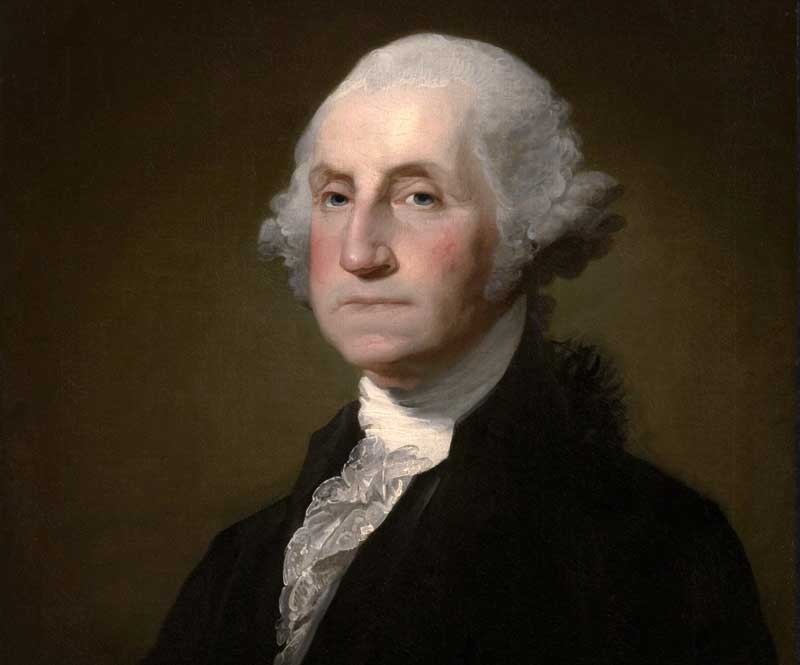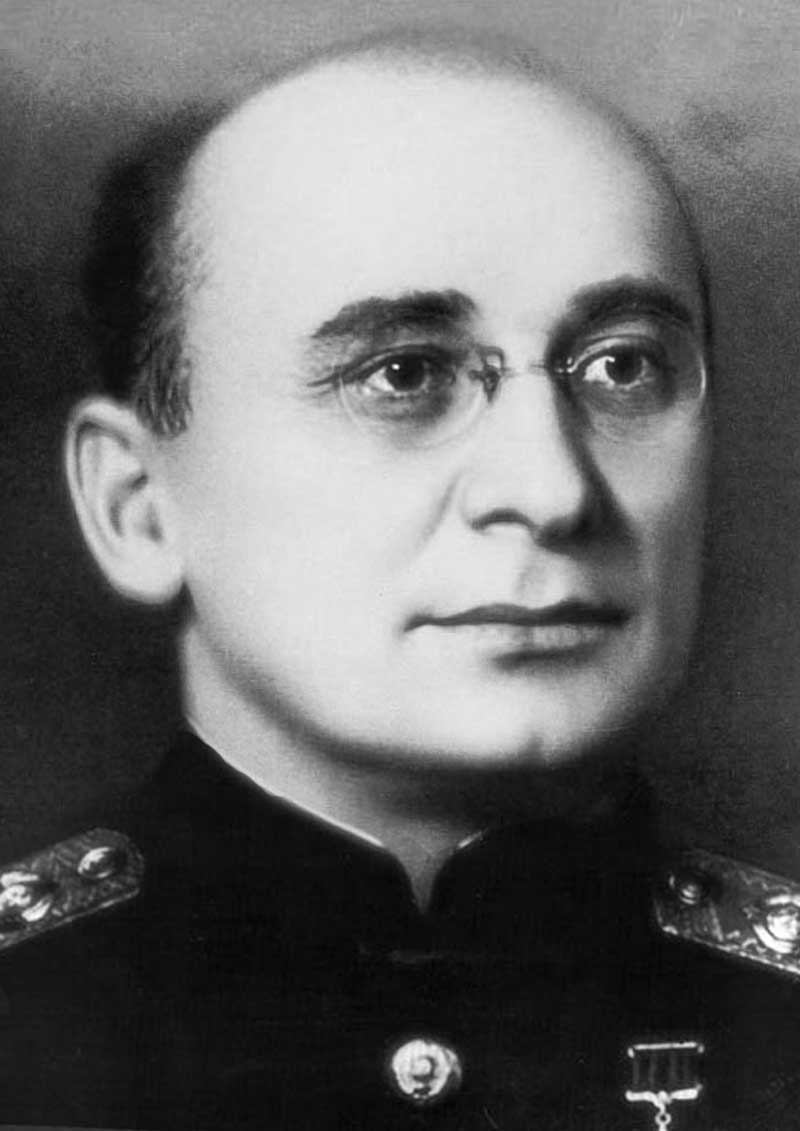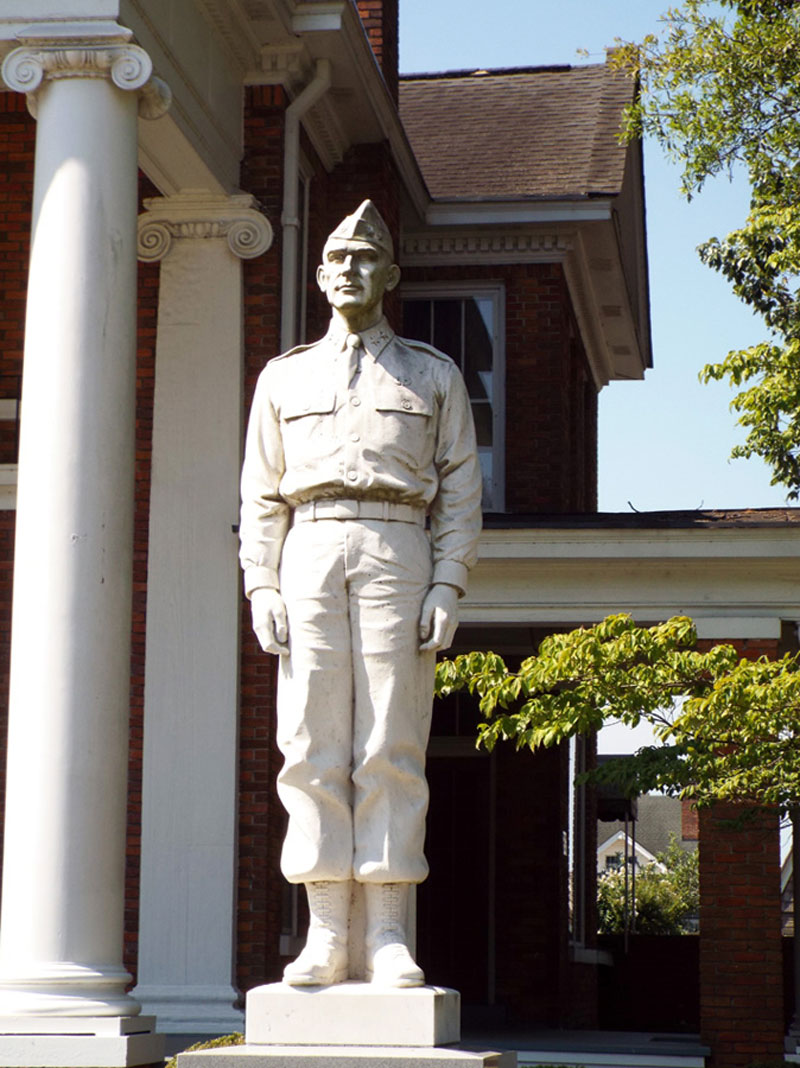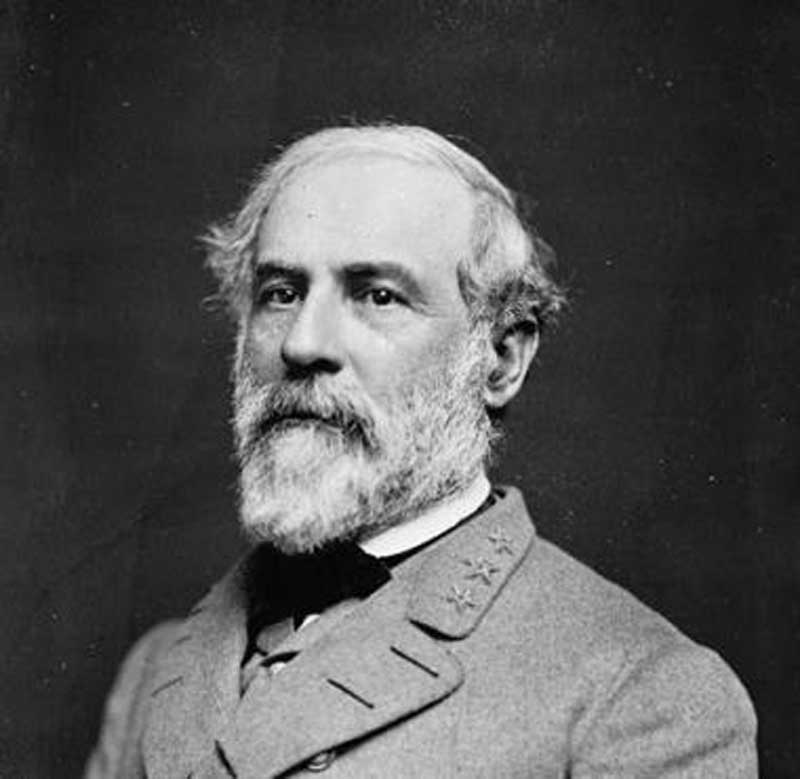- The Purpose of your Life -
- Revisiting the Great Work of Medical Missionary Dr. Anne Livingston in Haiti
- "I Beat Hitler!"
- Dick Cheney Was a Great Boss
- Concise Theology in Scripture
- U.S. Tomahawk Missiles and Ukraine
- The Battle for Pokrovsk
- Get US Out! of the USMCA
- Teachers’ Unions’ Backing of Radical ‘No Kings’ Rallies Speaks Volumes about America’s Education System
- Public Advocate CEO Eugene Delgaudio Asks President Trump to Punish Discover - Debanking Link to Southern Poverty Law Center Cited
- Can We Change The History Of Our Future?
- The Busan Trade Summit between U.S. and China
- Project Ukraine and Ukrainian/CIA Intelligence
- Tariffs in American History
- Ukraine War Complications: Moldova and Transnistria
The Left’s War on Confederate Symbols
- Details
- By Mike Scruggs
- Category: Mike Scruggs' Column
The Road to Destroying American and Western Culture
On Thursday, February 14, in Dunn, North Carolina, vandals poured a flammable liquid on the marble statue of Major General William C. Lee, which was badly scorched by the heat and flames. The statue was near the entrance to the William C. Lee Airborne Museum in Dunn. William C. Lee was a World War II general and a founder of U.S. Army Airborne units. This vandalism follows two recent incidents of organized desecration and major damage to the statues of Confederate soldiers in North Carolina. These took place in Durham and on the UNC campus in Chapel Hill. Perhaps the vandals confused the World War II Airborne leader with Confederate General Robert E. Lee. It doesn’t really make a difference. All three instances are serious crimes that should be punished by more than a slap on the wrist. The leniency of Durham and UNC officials regarding the orchestrated destruction of the statues of Confederate soldiers under their jurisdiction is political and reprehensible and encourages more lawbreaking and disrespect for the heritage of millions of North Carolina families.
May I Quote You, General Washington?
- Details
- By Mike Scruggs
- Category: Mike Scruggs' Column
The Principled Wisdom of Our First President

George Washington was born in Virginia on February 22, 1732, and was raised on the ethical and religious principles and educational and chivalrous traditions that constituted the ideal of a Virginia gentleman. He was particularly interested in military science and leadership arts and at the age of only 22 was commissioned as a lieutenant colonel and fought in the first battles of the French and Indian War. Following that he devoted himself to agricultural pursuits and managing his properties around Mount Vernon, Virginia. During this time he served in the Virginia Colonial Legislature (House of Burgesses), where he became a critic of British Colonial policy.
False Roads to Justice and Peace
- Details
- By Mike Scruggs
- Category: Mike Scruggs' Column
Self-righteous Virtue-signaling in American Politics

There is a strange misapprehension of morality and righteousness among our political and media classes that is spreading injustice, division, and hypocrisy like wildfire. Although its practitioners often purport themselves to be on high moral ground, the level of their distortions and the intensity of hatred in their continual accusatory rhetoric speaks otherwise. Its devotees are often armed with mesmerizing verbal fluency accompanied by ignorance and little regard for facts or a heart for truth. The spreading malady is not confined to one political party or to one race. The Church has not guarded well against its entry into its clergy or flock.
Robert E. Lee on Slavery
- Details
- By Mike Scruggs
- Category: Mike Scruggs' Column
Truth-seeking versus Intolerant Virtue-signaling
Robert E. Lee was born on January 19, 1807. His birthday passed almost unnoticed this year, although it is still an official holiday in many Southern states and was once observed more widely in the South. Yet Lee is still one of the most revered military leaders in American history. In fact, Robert E. Lee remains one of the most studied and respected military commanders in world history, although he was ultimately on the losing side. However, it was Lee’s character over and above his military fame that made him so revered among his soldiers and among the Southern people for many generations. It is a sad commentary on our present culture to see such manly courage, godly wisdom, and devotion to duty lost to this and future generations.
Deep State Bolsheviks
- Details
- By Mike Scruggs
- Category: Mike Scruggs' Column
America’s Shadow Police State

“Show me the man, and I’ll show you the crime” --Lavrentiy Beria, Soviet Chief of Secret Police under Stalin
The Bolsheviks were the “majority” faction of the Russian Social Democratic Party, which was renamed the Communist Party after Vladimir Lenin seized power during the October Revolution of 1917. Their ruthless totalitarian style of government was perfected under Joseph Stalin from 1924 to 1953. Lavrentiy Beria was Stalin’s Chief of Secret Police from 1941 to 1953. Stalin died on March 5, 1953, and a power struggle for Soviet leadership quickly ensued. Nikita Khrushchev, a critic of Stalin’s purges, staged a coup d’etat in September and emerged as the unchallenged leader of the Communist Party and Council of Ministers.
 Mike Scruggs is the author of two books: The Un-Civil War: Shattering the Historical Myths; and Lessons from the Vietnam War: Truths the Media Never Told You, and over 600 articles on military history, national security, intelligent design, genealogical genetics, immigration, current political affairs, Islam, and the Middle East.
Mike Scruggs is the author of two books: The Un-Civil War: Shattering the Historical Myths; and Lessons from the Vietnam War: Truths the Media Never Told You, and over 600 articles on military history, national security, intelligent design, genealogical genetics, immigration, current political affairs, Islam, and the Middle East.
He holds a BS degree from the University of Georgia and an MBA from Stanford University. A former USAF intelligence officer and Air Commando, he is a decorated combat veteran of the Vietnam War, and holds the Distinguished Flying Cross, Purple Heart, and Air Medal. He is a retired First Vice President for a major national financial services firm and former Chairman of the Board of a classical Christian school.
Click the website below to order books. http://www.universalmediainc.org/books.htm.














